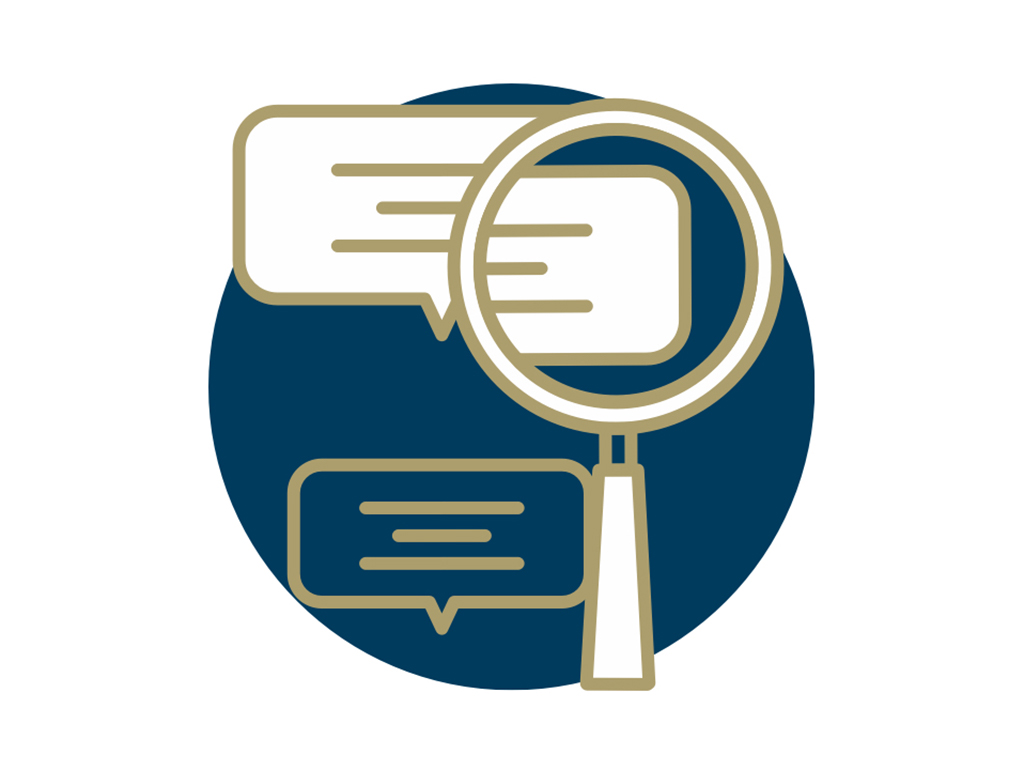E.O. 12866 - A View from the House


The GW Regulatory Studies Center scholars regularly conduct applied research to understand regulatory policy and practice from a public interest perspective. Our content often takes the form of public interest comments, formal testimony, working papers, policy insights, and short commentaries analyzing the most pressing issues in regulatory policy. View the rest of our material by the different types of publications listed on this page or our research areas.

Long-form publications intended for academic audiences that take a deep dive into a particular aspect of regulatory policy.

Scholarly analysis of the potential effects of particular rulemakings from federal agencies, and advice to Congress on how to improve the rulemaking process.

Short-form publications intended for all audiences which provide easy to access analysis of regulatory policy.

Formal publications, often completed with other leading organizations and individuals, providing a thorough understanding of regulations and the rulemaking process.

The weekly Regulation Digest contains everything you need to know about regulatory policy today, and our monthly Center Update gives you all of the latest from our team.
For accessible charts and supporting data that you can use in your own publications or presentations, visit the Reg Stats page.
IRS's Proposed Rule on SALT Credits
Many states offer full or partial state tax credits for charitable contributions to or investments in specific types of activities.
E.O. 12866 - 25th Anniversary Remarks
Opening remarks by Professor Revesz from a panel discussing the future of the executive order and its principles in the rulemaking process.
The Life and Times of Executive Order 12866
Neil Eisner notes four significant accomplishments under E.O. 12866.
The Future of E.O. 12866: Embracing Regulatory Humility
The last four presidents have held very different views on regulation yet have all embraced the principles and procedures embodied in Executive Order 12866.
Praising the Principles in Executive Order 12866
Executive Order 12866 contains an underlying philosophy embodied in 12 principles of good regulation.
Reflections on the E.O. 12866 Anniversary Event from a Bureaucrat Turned Academic
Summarizing how this event panel started with the story of how E.O. 12866 came to be and moved forward from there.
Congressional Views on the Bipartisan Principles of E.O. 12866
Shawne McGibbon summarizes the panel she moderated, which captured the congressional perspective on the value of Executive Order 12866 and its future prospects.
Tracing Executive Order 12866’s Longevity to its Roots
After 25 years, some marvel at the fact that Executive Order 12866 has survived through Republican and Democratic administrations.
